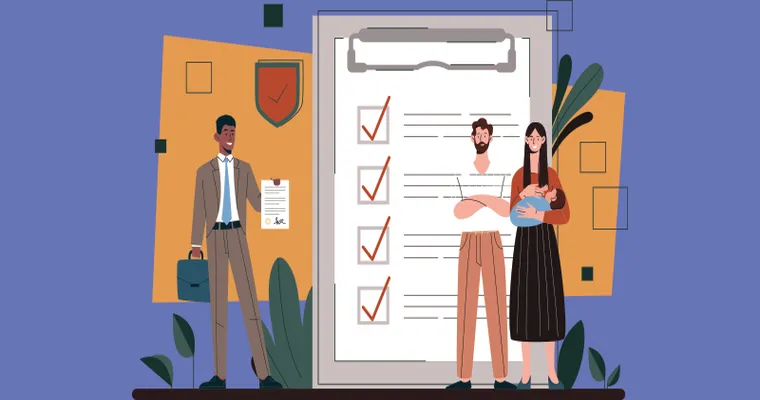Caring for aging parents can be a rewarding yet challenging experience, especially when navigating the complexities of healthcare. One of the most significant regulations that caregivers need to be aware of is the "Health Insurance Portability and Accountability Act" (HIPAA). This federal law is designed to protect the privacy and security of patients' "health information". Understanding how HIPAA impacts your ability to care for your aging parents is crucial for ensuring that their needs are met while also respecting their rights.
Understanding HIPAA
HIPAA was enacted to provide a set of national standards for the protection of "medical records" and other personal health information. It establishes rules regarding who can access this information and under what circumstances. For caregivers, this means that you may face limitations when trying to obtain your parents' medical information without their consent.
The Role of Consent
One of the most significant aspects of HIPAA is the requirement for patient consent before healthcare providers can share any personal health information. If your aging parents are capable of making their own decisions, they must authorize you to access their medical records and communicate with their healthcare providers. This can often be done through a "HIPAA release form", which allows them to specify who can access their information.
Challenges in Communication
Caring for aging parents often involves coordinating with various healthcare professionals, from doctors to specialists. However, if your parents do not provide a HIPAA release, you may find it challenging to get the information you need to make informed decisions about their care. This lack of communication can lead to frustration and hinder your ability to advocate effectively for their health and well-being.
Exceptions to the Rule
There are some exceptions to HIPAA regulations that caregivers should be aware of. In certain situations, healthcare providers may share information without consent if it is deemed necessary for the patient's safety or if there is a legal obligation to do so. For instance, if your aging parent is incapacitated and unable to communicate, healthcare providers may share information with family members to ensure appropriate care.
Advance Directives and Healthcare Power of Attorney
To facilitate easier access to medical information and decision-making, it is advisable for aging parents to set up "advance directives" and appoint a "healthcare power of attorney". These legal documents allow them to designate someone to make healthcare decisions on their behalf in case they become unable to do so. By putting these measures in place, your parents can ensure that you are legally permitted to access their health information and advocate for their healthcare needs.
Navigating the Healthcare System
Understanding HIPAA is essential not only for accessing your aging parents' medical information but also for navigating the broader healthcare system. Being aware of your rights and responsibilities under HIPAA can help you better advocate for your loved ones. For instance, knowing that you can request their medical records or ask questions about their care can empower you to take an active role in their health management.
Conclusion
Caring for aging parents involves a multitude of responsibilities, and understanding the implications of HIPAA can greatly enhance your ability to provide effective care. By ensuring that your parents have the appropriate legal documents in place and by communicating openly with healthcare providers, you can navigate the complexities of healthcare while still respecting their privacy rights. Ultimately, being informed about HIPAA will not only benefit you as a caregiver but also ensure that your aging parents receive the best possible care as they navigate their health challenges.





